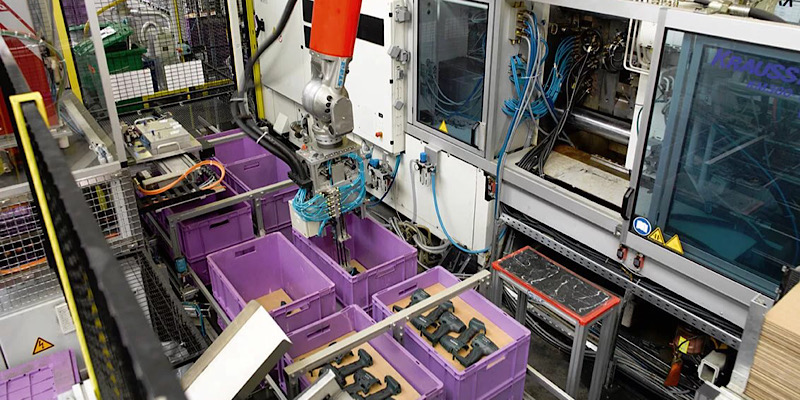Drug-related crimes form a significant portion of criminal activities worldwide, with profound impacts on individuals, communities, and society at large. From possession and distribution to trafficking and manufacturing, these offenses encompass a wide spectrum of illegal activities.
Understanding the dynamics behind drug-related crimes is crucial for policymakers, law enforcement agencies, and the public alike. In this blog post, we’ll delve into the intricate web of factors contributing to drug-related offenses, the societal repercussions, and potential solutions to address this pervasive issue.
The Root Causes of Drug-Related Crimes:
Drug-related crimes often stem from a complex interplay of socioeconomic, cultural, and individual factors. Poverty, lack of education, and limited employment opportunities can drive individuals into the drug trade as a means of survival or quick financial gain.
Moreover, social marginalization and discrimination can push vulnerable populations towards illicit drug use and criminal behavior. Additionally, underlying mental health issues and trauma may lead individuals to seek solace or escape through substance abuse, ultimately fueling criminal activities.
The Role of Drug Policies:
The effectiveness of drug policies in addressing drug-related crimes is a subject of ongoing debate. While strict enforcement measures aim to deter drug-related offenses, they often result in overcrowded prisons and disproportionately affect marginalized communities. Furthermore, punitive approaches may exacerbate the cycle of poverty and addiction, perpetuating a vicious cycle of crime and incarceration.
Alternatively, harm reduction strategies, such as decriminalization and access to treatment programs, offer a more compassionate and holistic approach to addressing drug-related issues while minimizing the adverse consequences of punitive measures.
The Criminalization of Addiction:
One of the fundamental challenges in combating drug-related crimes is the criminalization of addiction itself. Instead of viewing substance abuse as a public health issue, the legal system often treats it as a moral failing or criminal behavior.
Consequently, individuals struggling with addiction face stigma, barriers to treatment, and punitive consequences, further entrenching their involvement in the criminal justice system. Shifting towards a paradigm of addiction as a medical condition can help destigmatize substance abuse and facilitate access to comprehensive treatment and support services.
The Global Drug Trade:
The global drug trade is a multi-billion-dollar industry driven by demand for illicit substances worldwide. From cocaine and heroin to methamphetamine and synthetic opioids, drug trafficking networks operate across borders, exploiting legal loopholes and corrupt systems to evade detection.
The profitability of the drug trade incentivizes organized crime groups to engage in violence, corruption, and coercion, destabilizing communities and undermining the rule of law. Addressing the root causes of drug demand, disrupting supply chains, and enhancing international cooperation are essential components of efforts to combat the global drug trade.
Community-Based Approaches:
Empowering communities to address drug-related issues locally is vital for fostering sustainable solutions and reducing harm. Community-based initiatives, such as peer support groups, needle exchange programs, and community policing partnerships, play a crucial role in preventing drug abuse, promoting harm reduction, and facilitating access to social services.
By engaging with affected communities and leveraging their strengths and resources, policymakers and stakeholders can develop tailored interventions that address the unique challenges and needs of each community.
In Conclusion
Drug-related crimes pose intricate challenges with widespread impacts on individuals, communities, and society as a whole. It’s crucial to grasp the underlying factors driving these offenses, reassess current drug policies, and take a public health-oriented stance toward addiction. Implementing evidence-backed strategies, emphasizing harm reduction, and empowering communities are pivotal in tackling this issue.
In some cases, navigating the legal system may require the assistance of a bail bondsman in Wasatch County, ensuring individuals have access to necessary support and resources throughout the process. Through these efforts, we can strive towards creating safer, healthier, and more resilient communities that benefit everyone.






